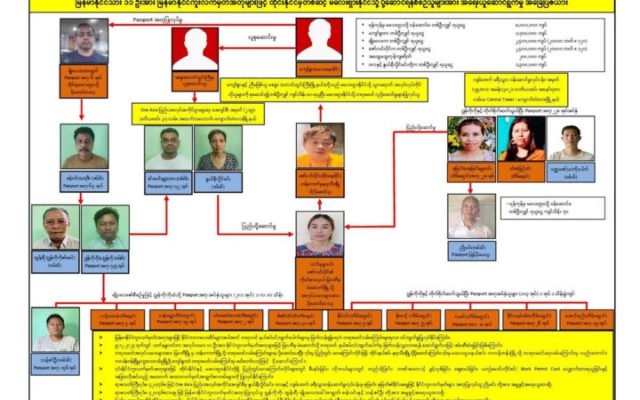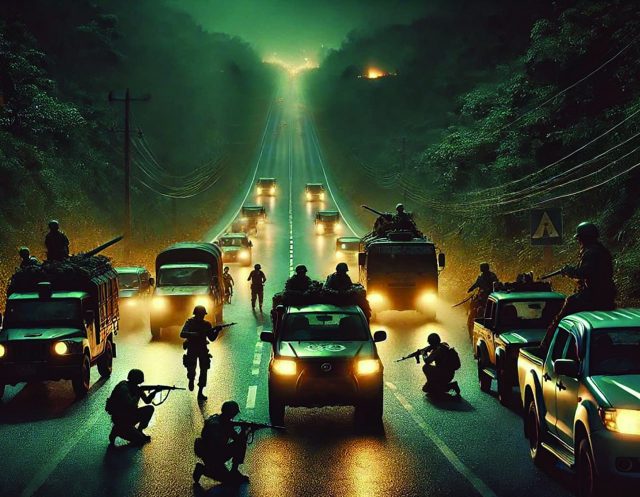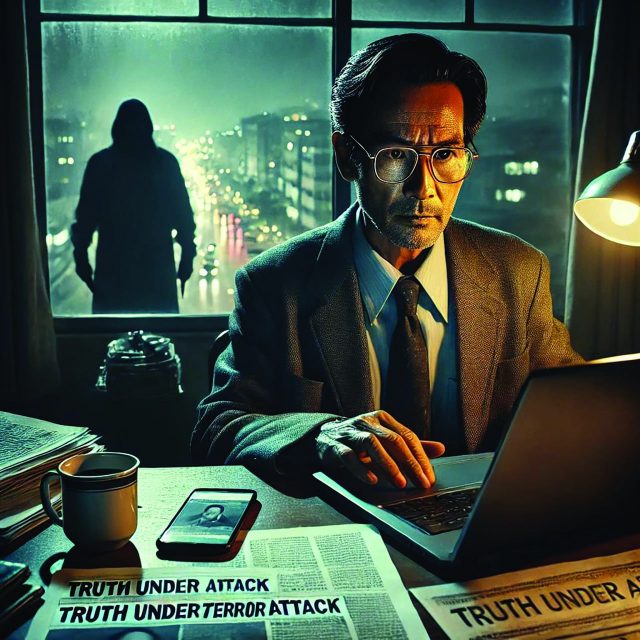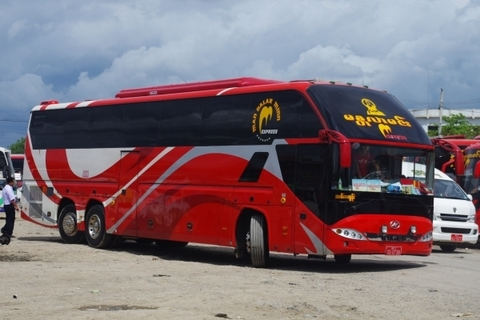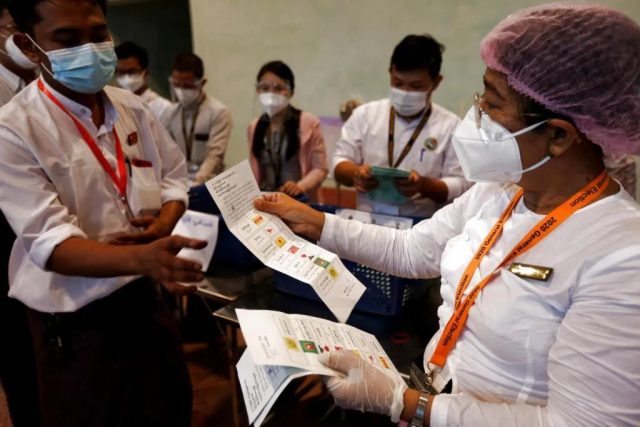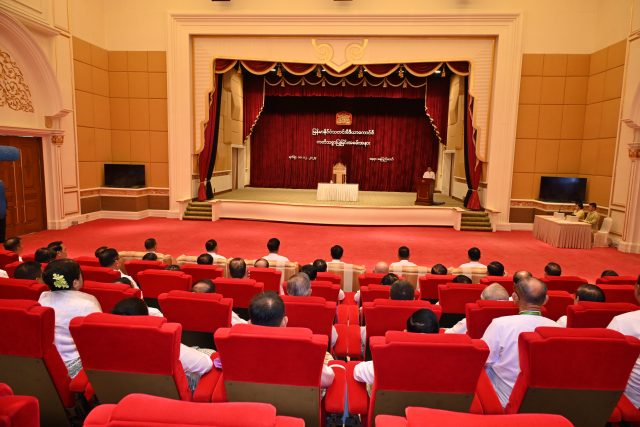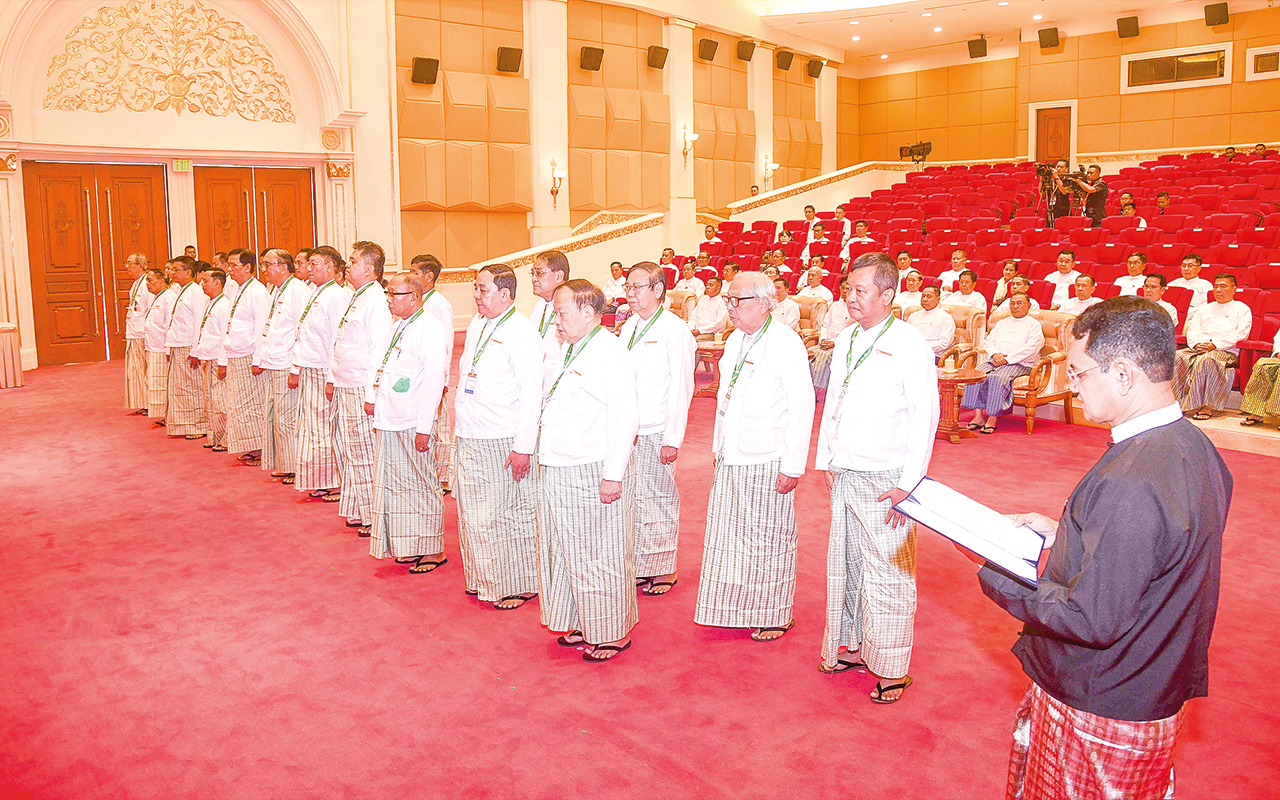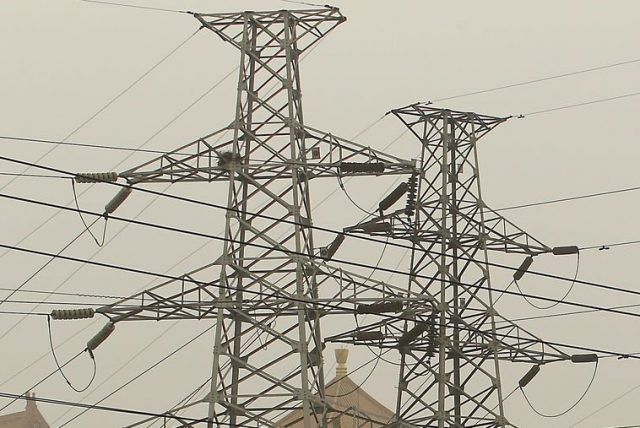An Interview with an insider from Myanmar Electrical Supply Enterprise, who obviously wishes to remain anonymous. He has been with the Ministry since he graduated from Institute of Technology until he retired some years ago.
Why is the electrical supply situation in Myanmar so so bad?
It all boils down to management.
Are we talking about management by the central government or management within the ministry?
The level of management by the ministry is limited to managing its own work force and existing supply infrastructure. The ministry has no authority whatsoever to increase the supply of electricity. That decision is solely made by the central government i.e., at the cabinet level.
Let’s talk a bit about history. In 1960, we have completed the Law Pi Ta hydro power generation station, in Kayar State, with Japan war aid. There is an all year round waterfall in the area called Law Pi Ta, with the height of 280 ft. Using the power of that waterfall, the station started generating electricity from three turbines, with a total capacity of 164 Mega Watts (MW). In 1967, the electricity demand from Yangon city is only 48 MW. Current the demand from Yangon alone is more than 3,000 MW i.e., 3 Giga Watts. There is no way the total supply is sufficient to satisfy the demand at present.
From Law Pi Ta, the power was first transmitted to Taung Ngu substation via 230kVa lines for more than 200 miles and then to Hlaw Kar main substation. That power was Law Pi Ta was combined with other supplies from other stations in the latter substation. One such station in Yangon is ESB (Electrical Supply Board), that generates electricity from Ahlone area, using three turbines of 10 MW each and six turbines of 5 MW. These turbines can use either coal or furnace oil.
Along the transmission lines that go through deep forests and tall mountains, we have installed many circuit breakers, so the in the event of the birds collision, lightening or some other incidents, the transmission cables would not catch fire. Because of that the power could gone off all of a sudden, as soon as the supply got interrupted at the substations. Else, the substation would become suddenly overloaded with excess demand, destroying many expensive machinery and equipments. So, we have to cut off power quickly too to the Yangon city.
You cannot store electric power on a commercial basis. You can save some into batteries, but not on a commercial scale.
The reason for the electrical situation getting worse and worse, could be attributed to lack of new power stations like Law Pi Ta?
No, it is not true. Until the mid 70s, the power supply is still sufficient. Thereafter, the consumption continued to go up but the supply remains static. In the early 90s the demand already exceeded 100 MW in Yangon alone.
One of the reasons is lack of co-ordination at the very top of government. They believed that the issues related to power supply is the responsibility of the ministry (electric power), led by a minister.
When relating to gas supply, it is handled by ministry of energy, led by another minister. After we established additional hydro powered and many gas powered stations, the combined output of these stations were sufficient for the demand at the specific point of time. But we have no gas supply to run these turbines. According to the ministry of energy, gas is critical for foreign currency earnings. And the minister took enormous pride to show off the fact that he generated loads of $ for the country, in front of then defect-0 leader SG Than Shwe. Since the supply of natural gas to the Ministry of Electric Power was always limited, we could not operate the gas turbines up to their maximum capacity.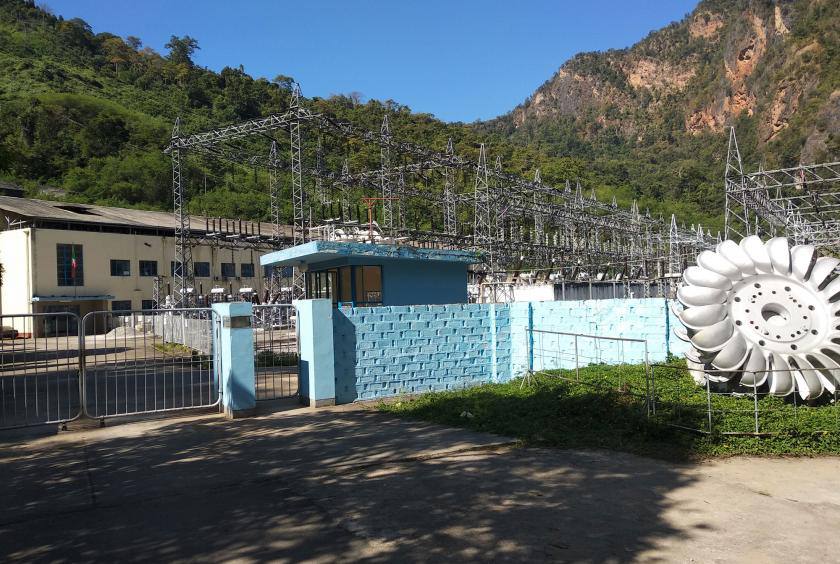
Since the gas supply from the ministry was always limited, why did we not go all in for hydro power?
Hydro power stations are more expensive to build and it can take like five years for one station to be functional. Contrast that with gas powered station – once you buy the gas turbines, they can be operated immediately once they are supplied with gas.
We did build more than five hydro power stations. But other than Shwe Li and Law Pi Ta the Japanese built, hydro stations are based on water supply from dams and these dams do run dry during the hot season, making the energy source unavailable for turbines to run.
Shwe Li is near Muse, close to the China border. SG Than Shwe was already committed to funding and building the power plant using internal funds. But the ministers from our ministry wanted to avoid taking responsibility to successfully accomplish this project. They knew it would require undivided attention and dedicated efforts. I guessed doing hard work for the country was not in their agenda. So they suggested an easier alternative for themselves; instead of us funding the whole thing ourselves, why don’t we do a joint venture with the Chinese and save money! The proposal was accepted by the country’s leaders and as a result, the Chinese constructed the station and took the output from four out of the six turbines available, to China. Eventually they did give the output back from all six, as the supplies in Yunnan became sufficient, but for a fee. What a good deal for the Chinese and vice versa.
Among the successive governments, which one did the best for electricity generation?
My guess would be SG Than Shwe government. May be they are in power for many years. They did try very hard to improve the electricity situation in Myanmar. But the issue was with the ministries. There was competition among ministries for credit and favours. Just to give you an example, the energy minister once said that giving gas for electric power generation is akin to burning money. He did not see the potential out of supplying sufficient power to public and businesses. This is just one case of animosities and strives among ministries.
That was year 2000+ situation, where the power generation was sufficient, but infighting caused shortages in supplies. Nowadays, the consumption has gone up so much that even if all turbines were sufficiently supplied, it would not be enough to satisfy the existing demand.
There was not one government who totally ignored the need to increase power supply. But the nature of power generation itself required some technical knowledge and expertise. It is not the same as other ministries or works. But I found most of the senior government personnel had very little understanding of it. The top brass may give green light for a generating plant, but they did not envisage the requirements further down the supply chain, such as transmission lines, substations and distribution networks.
In around year 2000 also, there were two ministries related to electric power? Why two?
I was deeply involved in changing the org structure of the original ministry into two; one for generation and one for transmission.
There was one time I distinctly remembered where General Soe Win (ex Prime Minister under SG Than Swe) and General Thein Sein (ex President) went to China one after another. China thereafter, announced how many millions (could not remember) had been loaned out for the development of Myanmar electrical sector. We did not get any of that money. Somehow, the co-ordinator of that loan was Tun Myint Naing, the Chairman of Asia World. I felt that if it is a G to G affair, middlemen should not be part of it.
We did asked for more money from SG and he did give some, but when you are doing with your own funds, you are limited in your scope as the funds are finite too.
What about the issue of Myit Sone project?
I believed Tun Myint Naing, Colonel Zaw Min (ex minister for electricity 1) and Tin Aung Myint Oo (ex vice president) are in one group. There are many internal complex dealings in this project. I praised president Thein Sein for bravely stopping this project.
It is my opinion that the weather for the whole country and the water flow along Ayeyarwaddy river would be adversely affected by the dam. I believed that project should never have started.
Actually there are still many dam sites on top of Myit Sone with potential for significant hydro power generation.
What do we need to have 24 by 7 power supply at least in Yangon?
We can set up a very large power plant near Yangon. The fuel could be coal or gas. Khin Mg Thein, who was an MD of our ministry and who later on got promoted to become the minister for energy, during that time, knowing that the power generation within the country is totally insufficient, decided to get the project to build the 200MW gas power plant, in Dala, right opposite of Yangon city. But the project got completely abandoned. When BG Lun Thi took over as minister of energy, after Khin Mg Thein’s transfer to ministry of finance, he told SG Than Swe that the project would used up lots of gas production (source of foreign income) within the country. I felt that the far-sightedness of Khin Mg Thein has been circumvented by short-sightedness of Lun Thi.
So one of the reasons for electrical failures in Myanmar is due to intense one-upmanship among ministers, while trying to gain favours from #1 guy at the top.
Government has just increased electricity prices roughly around 60+%; but service, frequency and supply did not increase. Why is that?
You have to know that the party responsible for increasing the prices are different from those entities proving service and supply. Hence, the latter continued as incompetently as usual.
Hyro, solar, gas, fuel or nuclear for Myanmar?
Other than nuclear, the rest should be made available in Myanmar. I said so because I know the character of Myanmar engineers, technicians and staff in general. Myanmar people character is such that they want to show off that they knew more than the SOPs and technical guidelines and disciplines. They will take short cuts, they will skip steps and they will definitely try to sidestep basic principles. Imagine them being in charge of a nuclear power plant. Probably a meltdown is imminent.
But this is just my opinion. I acknowledge that nuclear energy is a quick and clean way to get substantial power supply.
How much investment are we talking about, in generation, transmission, distribution, all in all, to rescue electricity sector in Yangon?
There is nothing much to be altered in Yangon. We just need to build a huge power plant near Yangon. That’s all we need. We need a minimum 3GW plant. I do not know the cost estimates.
Why so many duplicate lamp posts alongside of roads in Yangon? Why we cannot put our cables underground like other countries?
There are actually only two lamp posts; one by ministry of electric power and the other by posts and telecom. The latter ones are smaller posts. We cannot put them underground because we have no money for that. It is just a money issue. Some posts even got onto the roads as they was no co-ordination between the ministry and YCDC. They will correct or move the post whenever their budget come along or someone higher up makes a complaint.
As I said at the start, it’s all about management. We cannot simply leave this matter to negotiation between ministries. We need someone higher up to give them direct instructions for the betterment of the country.Electricity management Myanmar

